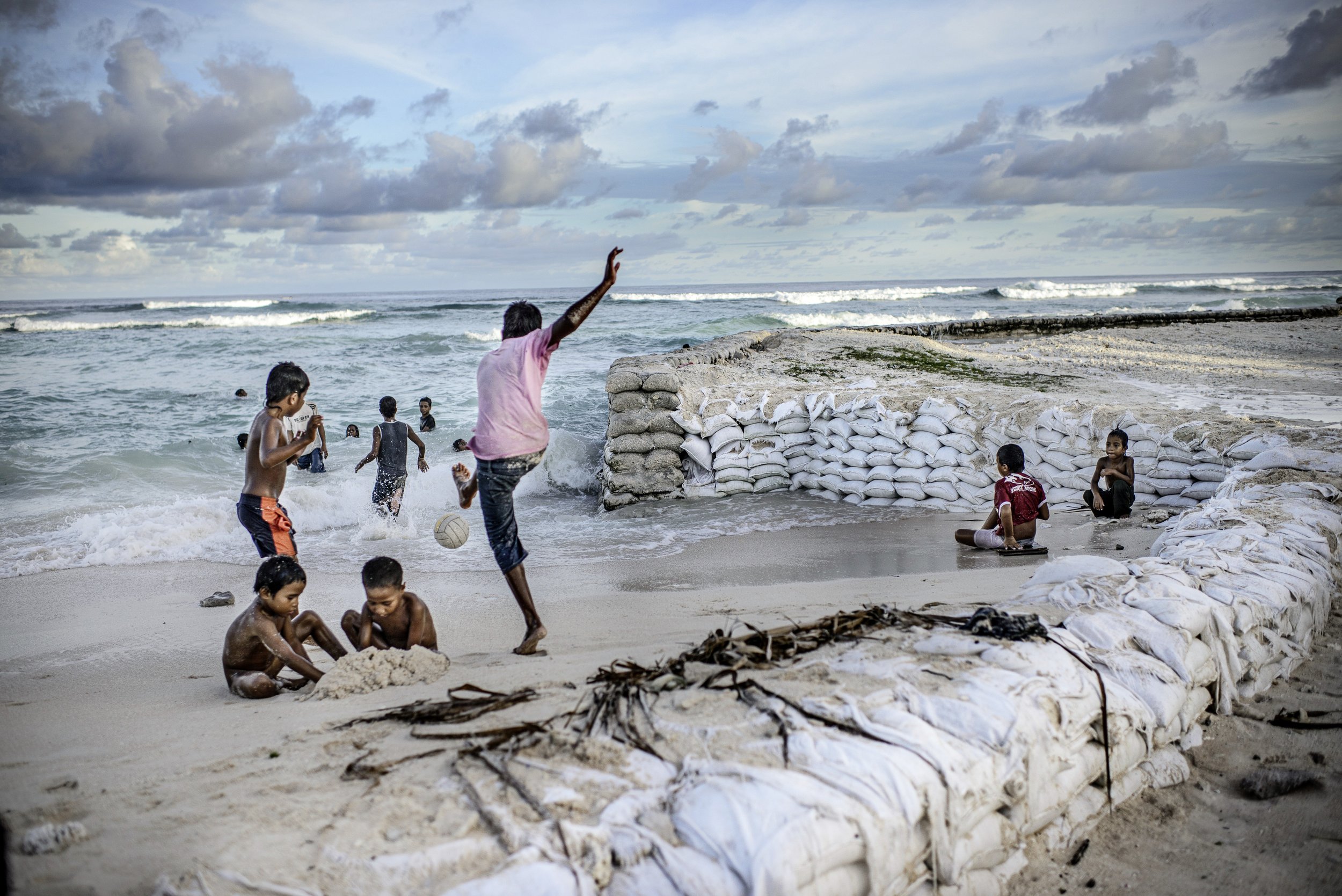The human consequences of the rising sea level.
Running time: February 16 – 22, 2023
Location: Near Baradari, Bolan Gate (Gate-2), Fatimah Jinnah Park (F-9 Park), Islamabad
2023 marks 75 years of diplomatic relations between the Kingdom of the Netherlands and the Islamic Republic of Pakistan. Both countries share a rich history of strong economic cooperation and cultural relations.
The Netherlands Embassy in Pakistan presents - After Us The Deluge - the work of renowned Dutch photographer Kadir van Lohuizen. The exhibition shows the impact on communities of rising sea levels caused by global warming. Also included is a photo by Manoj Genani - winner of Water is Life Photo Competition and a poster from Pakistan (1953) - advertising the Netherlands Floods Relief Efforts.
2022 was a difficult year for Pakistan with economic challenges and catastrophic floods. The disaster caused massive losses to human lives, property, infrastructure, agriculture lands and livestock; one third of the country was submerged in water.
As an emergency response, the Netherlands provided financial assistance and technical support in flood mitigating measures to Pakistan.
The Netherlands has decades of experience dealing with rising waters and floods and Dutch companies are known worldwide for their solutions and expertise in flood management. Building upon the successes and achievements of the past 75 years, both countries are committed to continue to work together in solving global challenges for a prosperous future.
© Kadir van Lohuizen / NOOR
After Us The Deluge looks at the human consequences of the rising sea level. Due to the climate crisis the glaciers all over the world are retreating and the ice sheets of Greenland and Antarctica are melting at an alarming pace. Also the expansion of seawater due to warming of the upper kilometer or of the ocean is a large contributor. The melting of the Greenlandic icecap and glacial melt, particularly in Greenland and Antarctica, are the large contributors. If the icecap of Greenland completely melts the sea would rise 7 meters, if Antarctica would completely melt the rise would be 80 meters.
Coastal erosion, inundation, loss of fresh drinking water resources and frequent coastal surges mean that people have to flee their homes. Should humanity start preparing for the biggest displacement of mankind in known history?
The future human cost of rising sea levels is dramatic. The entire country of Kiribati, for example, will have to relocate, while it is estimated that in Bangladesh about 50 million people will need to move from the delta region by 2050. Nobody knows where they will go. The east coast of the USA is experiencing sea level rise which is three-times higher than the global average. It is predicted that major centres such as the Miami Beach area will need to be evacuated by 2060.
After Us The Deluge provides visual coverage of how climate change is already affecting places where people live, Greenland with its melting glaciers, Kiribati, Fiji, the Carteret islands in Papua New Guinea, Bangladesh, the Guna Yala archipelago in Panama, the United Kingdom, Jakarta, the Marshall islands, the Netherlands and the United States. Before the sea floods land permanently, sea water intrudes at high tides, making once-fertile land no longer viable for crops and water undrinkable. The exhibition shows people who still live in affected areas, but also those who have already moved to safer ground. The exhibition also shows what could be done to prevent great loss of land, but does ask the question if we are doing sufficient with all the knowledge we have. Can the world really meet the goal that temperatures should not rise above 1.5 degrees or are we continuing like this and will make the planet for many parts unliveable for future generations? If so this will create conflicts on a very large scale and we will experience massive numbers of people fleeing coastal regions.
I hope that After Us The Deluge will contribute to a better understanding of what is happening already today and will make us all realise that there is no time to waste.
– Kadir van Lohuizen | NOOR


